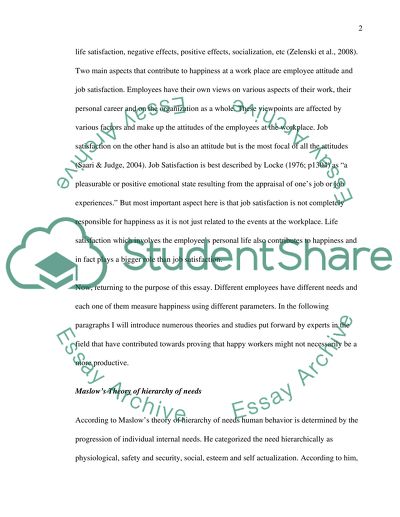Cite this document
(“Is a happy worker necessarily a productive worker Essay”, n.d.)
Retrieved from https://studentshare.org/human-resources/1419511-is-a-happy-worker-necessarily-a-productive-worker
Retrieved from https://studentshare.org/human-resources/1419511-is-a-happy-worker-necessarily-a-productive-worker
(Is a Happy Worker Necessarily a Productive Worker Essay)
https://studentshare.org/human-resources/1419511-is-a-happy-worker-necessarily-a-productive-worker.
https://studentshare.org/human-resources/1419511-is-a-happy-worker-necessarily-a-productive-worker.
“Is a Happy Worker Necessarily a Productive Worker Essay”, n.d. https://studentshare.org/human-resources/1419511-is-a-happy-worker-necessarily-a-productive-worker.


